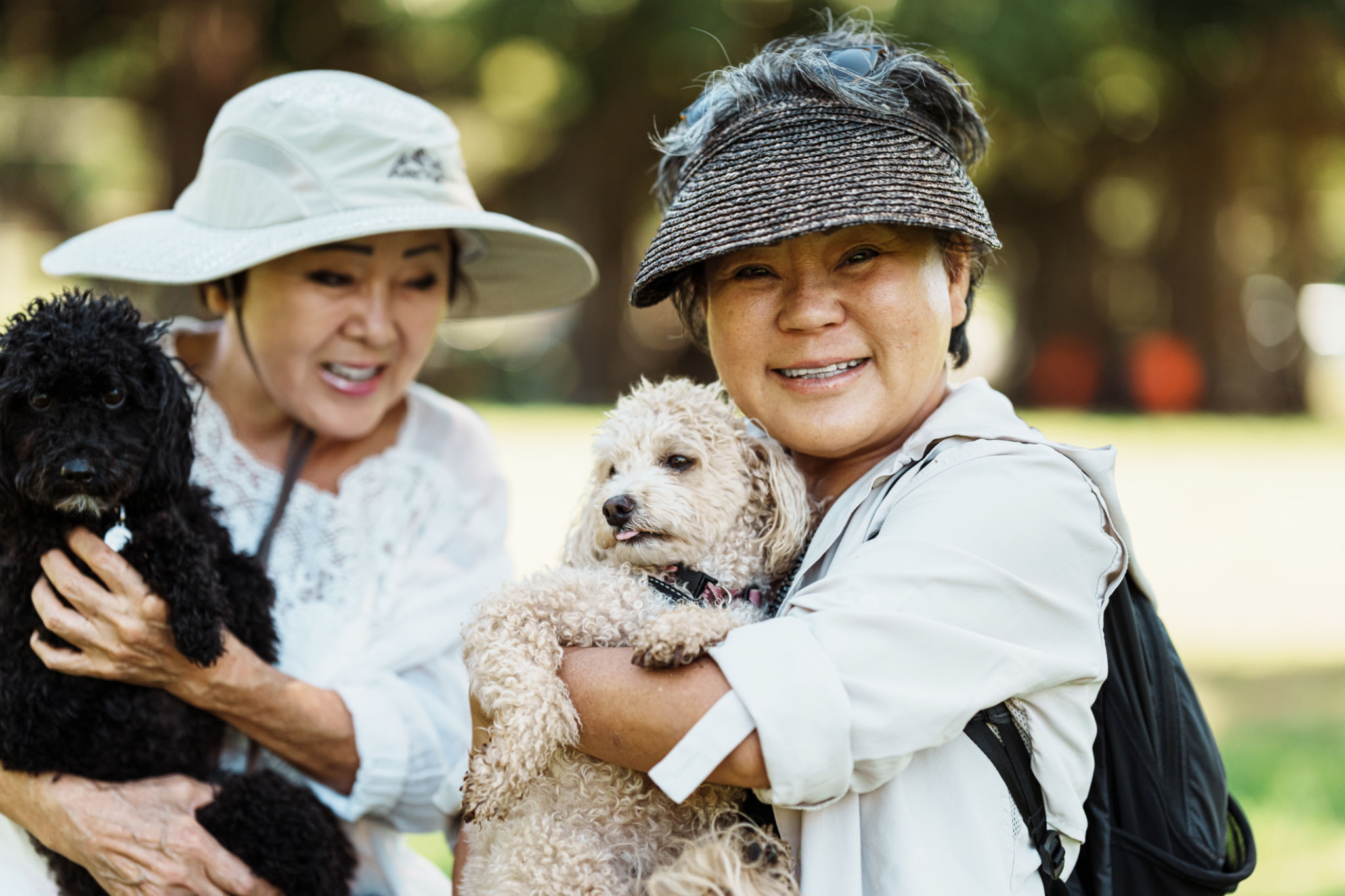How to Choose the Right Service Dog for Your Needs
PA
Understanding the Role of a Service Dog
Service dogs are trained to assist individuals with various disabilities, providing not only companionship but also essential support in daily tasks. It's important to recognize the specific tasks you need assistance with before choosing a service dog. This understanding will guide you in selecting a dog that is trained to meet your unique needs effectively.
For example, some service dogs are trained to assist with mobility, while others are specialized in detecting medical conditions. By identifying the type of assistance you require, you can narrow down your options and find the right match.

Types of Service Dogs
There are several types of service dogs, each trained for specific tasks. Here’s a brief overview:
- Guide Dogs: These dogs assist individuals who are visually impaired.
- Hearing Dogs: Trained to support those with hearing impairments by alerting them to important sounds.
- Mobility Assistance Dogs: Help individuals with physical disabilities by performing tasks such as opening doors or retrieving items.
- Medical Alert Dogs: Detect medical conditions like seizures or changes in blood sugar levels.
Evaluating Your Lifestyle
Your lifestyle plays a crucial role in determining the type of service dog that will best suit your needs. Consider your daily routine, living environment, and any specific challenges you face. For instance, if you live in a small apartment, a smaller breed might be more appropriate than a larger one. Additionally, assess how much time you can dedicate to training and bonding with your service dog.

Selecting the Right Breed
The breed of the service dog is another important factor to consider. Some breeds are naturally more suited for certain tasks due to their temperament, size, and energy levels. For example, Labrador Retrievers and Golden Retrievers are commonly chosen for their intelligence and calm demeanor, making them excellent choices for many service roles.
Certain breeds might be better suited for specific tasks. Research different breeds and consult with service dog training organizations to ensure you select a breed that aligns with your needs and lifestyle.
Working with Professional Trainers
Once you've identified the type of service dog and breed that suits your needs, the next step is to work with professional trainers. They can provide valuable guidance in training your service dog to perform the necessary tasks effectively. A well-trained service dog can significantly enhance your quality of life by increasing independence and safety.

Evaluating Personality and Temperament
The personality and temperament of a service dog are just as important as their training. A good service dog should be calm, focused, and eager to please. Spend time interacting with potential service dogs to observe their behavior and ensure they have the right temperament for your needs.
Building a Strong Bond
The relationship between you and your service dog is foundational to its effectiveness. Spend time bonding with your service dog through training sessions, playtime, and everyday activities. This bond will enhance communication and trust between you two, making it easier for the dog to assist you effectively.
Choosing the right service dog is a significant decision that requires careful consideration of your needs, lifestyle, and the dog's capabilities. By taking these factors into account, you can find a companion that provides both practical support and companionship.
